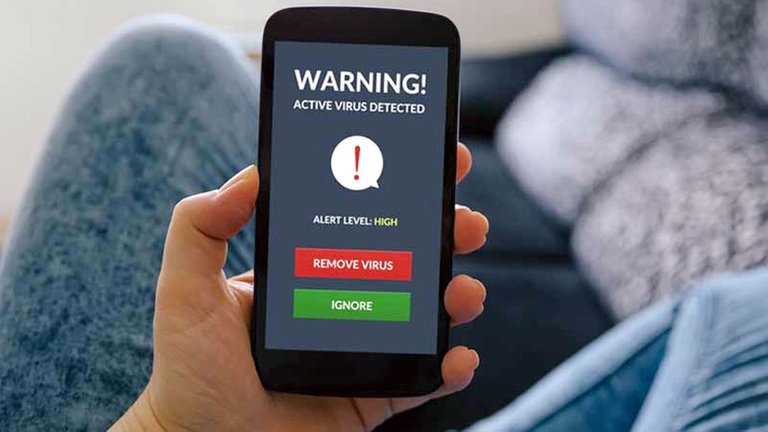New updates to smartphones come everyday. New apps are also coming everyday, and smartphone users can download them without thinking. However, some caution should be kept while updating the application or software. Recently a new Android malware has been detected, which is targeting 232 banking apps. It is claimed that malware has been designed to steal information related to the user's login.

What happens to malware
Malware is a kind of software that is designed to bite the user's information in a computer or smartphone. Through this hackers target the smartphone device and steal the user's important information from it.
Threat to these banking apps
According to reports, the new malware is targeting the Indian banks' app. These include apps from HDFC Mobile Banking, Axis Mobile, SBI Personal, ICICI Bank, IDBI Bank, Baroda MAP Passbook and Union Bank. According to QuickBook Securities Labs, this Android banking malware is being reported as Android.banker.A2f8a.
Why has the design
QuickWeb Securities Labs claims that this malware has been designed to steal information related to the user's login. This malware can upload phone's contacts and sms to dangerous server, from SMS hijacking to mobile.
Click on this link to know how this malware can be avoided
How to send malware to the phone
According to the blog of Quickheel, Android.banker.A2f8a is being spread via fake Flash Player app. It is usually being sent to the third party app store. Adobe Flash Player is a great product on the Internet. The popularity of Flash Player is worldwide, so it is used to reach the hackers target.
How malware works
This malware is installed on your smartphone via Flash. However, its icon is not visible when it is installed. Actually, the malware works in the background and checks out one of these 232 banking apps. Smartphone sends notifications to the user as soon as the Target app meets, which is similar to the banking app in appearance and the user can easily cheat. A fake log window appears by opening the notification, from here, your sensitive information goes to the hackers. Malware also hijackes your smartphone's messages, so it also reads OTP. So be careful when you turn on a notification